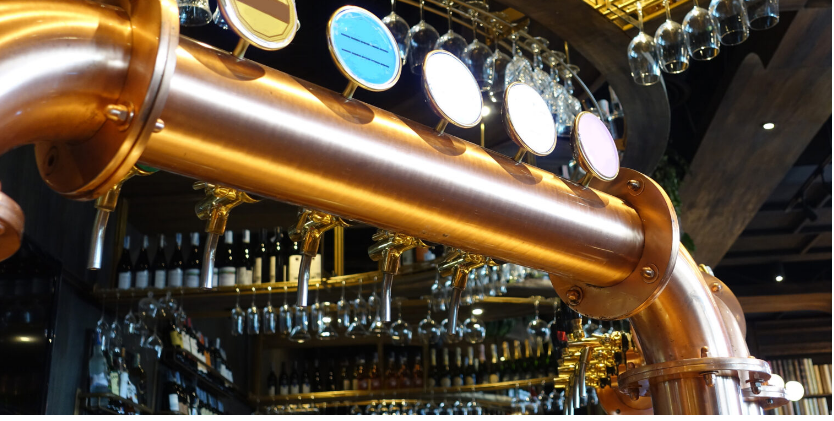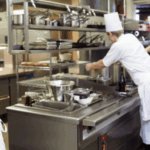The UK’s once-thriving craft beer industry is under mounting strain, with 43 breweries declared insolvent in the year to February 2025 — the highest figure in recent years, according to new data from accountancy firm UHY Hacker Young.
The figures reflect the growing pressures on independent brewers, many of whom are battling rising production costs, declining consumer spending, and an increasingly saturated market. Among the casualties are prominent names such as Hackney Brewery, Burton Town Brewery, and Fourpure — the south London brewery previously spotlighted in a 2021 photo-op featuring former Prime Minister Boris Johnson and Chancellor Rishi Sunak.
“The craft beer boom was one of the most exciting trends in the food and drink industry,” said Brian Johnson, partner at UHY Hacker Young. “Unfortunately, it’s a sector that attracted too many entrepreneurs who struggled to break even.”
Since the mid-2000s, the UK craft beer scene expanded rapidly, fuelled by consumer appetite for small-batch, locally brewed alternatives to mainstream lagers. But the post-pandemic environment has proved far less forgiving. Rising energy costs, ingredient prices, equipment expenses, and staffing overheads have created what Johnson describes as a “perfect storm.”
The situation has been compounded by increases in the national minimum wage and employer national insurance contributions, pushing wage bills even higher. Meanwhile, the ongoing cost-of-living crisis has prompted many consumers to reduce discretionary spending — with craft beer among the first luxuries to be cut.
“Many breweries are having to adapt to much leaner times,” Johnson said.
The insolvency figures tell only part of the story. A separate report from the Society of Independent Brewers and Associates (SIBA) earlier this year revealed the UK lost 100 breweries in 2024 alone, reducing the total from 1,815 to 1,715. Many closures occurred quietly, through voluntary shutdowns, sales, or mergers, without formal insolvency filings.
“For smaller brewers dependent on loyal local customers, even a minor dip in sales can be devastating,” said Johnson. “With so many brewers fighting for attention, it’s increasingly difficult to stay afloat.”
While some breweries continue to innovate and carve out niches, the heady days of unchecked growth appear to be over. The industry is now in a phase of consolidation, with survival likely favouring those who can scale efficiently or build a resilient brand identity.
For others, however, the warning is stark — the taps may soon run dry.









